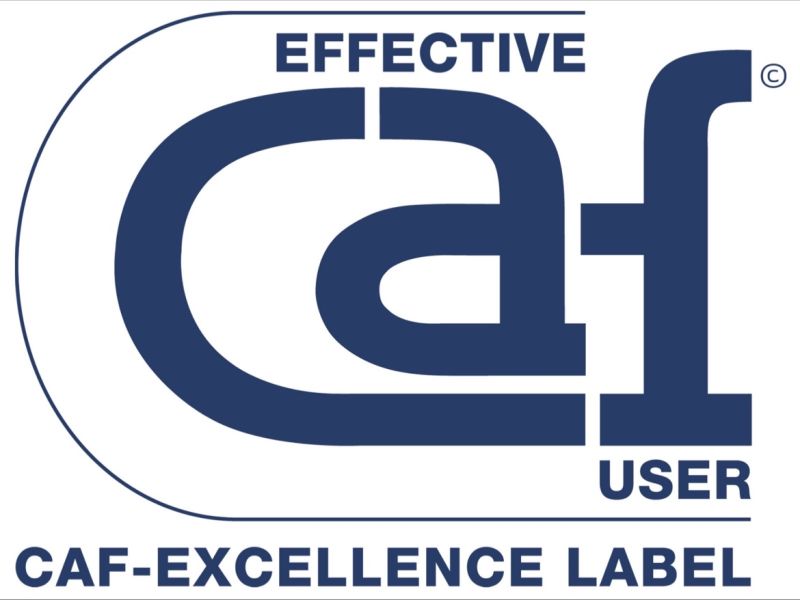The Participants in the Dispute
In this collective dispute, the participants to the dispute are the Ministry of Justice as an employer on the one side and the Trade Union Organization of Judicial Bodies of Serbia – SOPOS as a representative trade union on the other, on whose proposal a collective dispute has been initiated.
The Subject of the Dispute
The Government of the Republic of Serbia and the representative trade unions for the territory of the Republic of Serbia – the Trade Union of the Serbian Administration, the Trade Union of Administration of Justice of Serbia and the Trade Union Organization of Judicial Bodies of Serbia – SOPOS concluded the Special Collective Agreement for State Authorities published in the ‘Official Gazette of the RS’ no. 25/2015 from 13 March 2015.
During the course of two years, since the day said Agreement was concluded until today, the employer – the Ministry of Justice did not adhere to and implement the numerous provisions of the Special Collective Agreement, due to the lack of funds in the budget of the Republic of Serbia. Since the Law on the Budget of the Republic of Serbia did not provide funds for the realization of many rights of employees in the judicial administration, the provisions of this Special Collective Agreement were derogated by the provisions of the Law on the Budget of the Republic of Serbia.
Solving the issues arising from the application or non-application of the Special Collective Agreement for State Authorities relates to:
– the insurance of employees i.e. the obligation of the employer, not currently observed by the employer, to negotiate and obtain the consent of the representative trade union prior to the public procurement for the conclusion of the insurance contract;
– including representative trade unions in negotiations in the process of making draft budget regarding the basis for calculation and payment of salaries, all in order to improve the material position of employees and to regulate salaries and other incomes on unique principles;
– default of the obligation of the Committee for Monitoring the Application of the Collective Agreement to consider at least once every three months the current issues related to the material and social situation of the employees, the mutual relations between the representative unions and the employer, the need to amend the Agreement, the practice and the opinion regarding the implementation of the Agreement and to make a record on the considered issues and submit it to the signatories of the contract;
– not providing New Year’s presents for children, i.e. gift certificates in cash in value up to non-taxable amount and not paying the single annual reward on Statehood Day of the Republic of Serbia;
– not submitting notices or opinions on the implementation of the laws and bylaws that make impact on the material, economic and social status of employees;
– opinions and interpretations of the provisions of the Special Collective Agreement relating to the ‘attachment bonus’ and ‘field bonus’ of the court executors;
– the employer’s obligation to request the opinion of the representative trade unions in the procedure of passing the law or bylaws that are not considered at the Social Economic Council and which regulate the rights of the employees, and provide the notices or the opinions on the application of laws and bylaws.
How the Arbiter was Included
There had been attempts of direct negotiations with the Government and the Ministry of Justice which failed. As one of the signatories, the Trade Union Organization of Judicial Bodies of Serbia – SOPOS submitted a proposal to the Republic Agency for Peaceful Settlement of Labour Disputes, in order to resolve this collective dispute. The Ministry of Justice gave its consent to resolve this dispute peacefully, the acting conciliator was appointed, after which the case was taken over for further processing.
Short Review of the Proceeding
The procedure of peaceful settlement of this collective dispute was conducted and concluded according to the rules regulated by the law in question. At the first discussion, a Conciliation Committee was formed, from one representative of each party to the dispute and a conciliator as a chairman. Both discussions were held in a fair atmosphere, with a proactive approach by both parties to the dispute and with a strong desire to resolve most of the disputable issues, with the constant emphasis that the cooperation and communication of the participants to the dispute in the work was excellent. The role of the conciliator during both discussions was directed at further encouraging the parties to the dispute to contribute with their behaviours and activities to a mutually acceptable way of resolving this collective dispute. There was no need for holding separate meetings in order to collect information and data from representatives of the parties to the dispute.
The discussions were constructive and the conciliator took into account all the suggestions, proposals and opinions of the parties to the dispute. He also prepared a proposal of the text of the recommendation, previously agreed among the parties to the dispute, regarding all the doubts and disputable points.
The Outcome of the Procedure
At the second discussion, the Conciliation Committee made a Recommendation on the manner of resolving the collective labour dispute. It was especially taken into account that by applying it, it is ensured and contributed the consistent application of the legal provisions and provisions of the Special Collective Agreement for state authorities. It appreciates, on the one hand, the need for preserving the material and the social position of the employees in the judicial bodies, as well as the legal financial limitations and opportunities of the employer to fully understand and meet the demands of the representative trade union, on the other. It was recommended that the parties to the dispute, after accepting the recommendation, conclude the Agreement on the settlement of the dispute.


